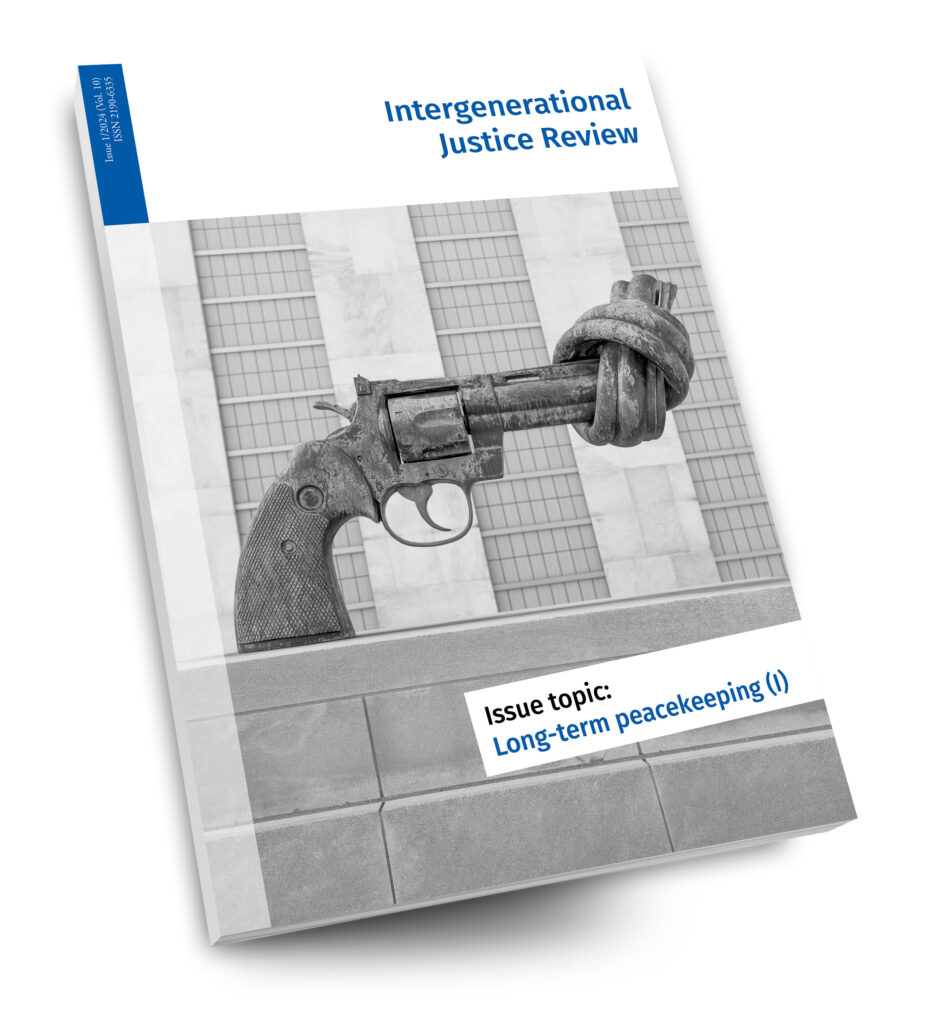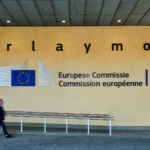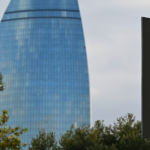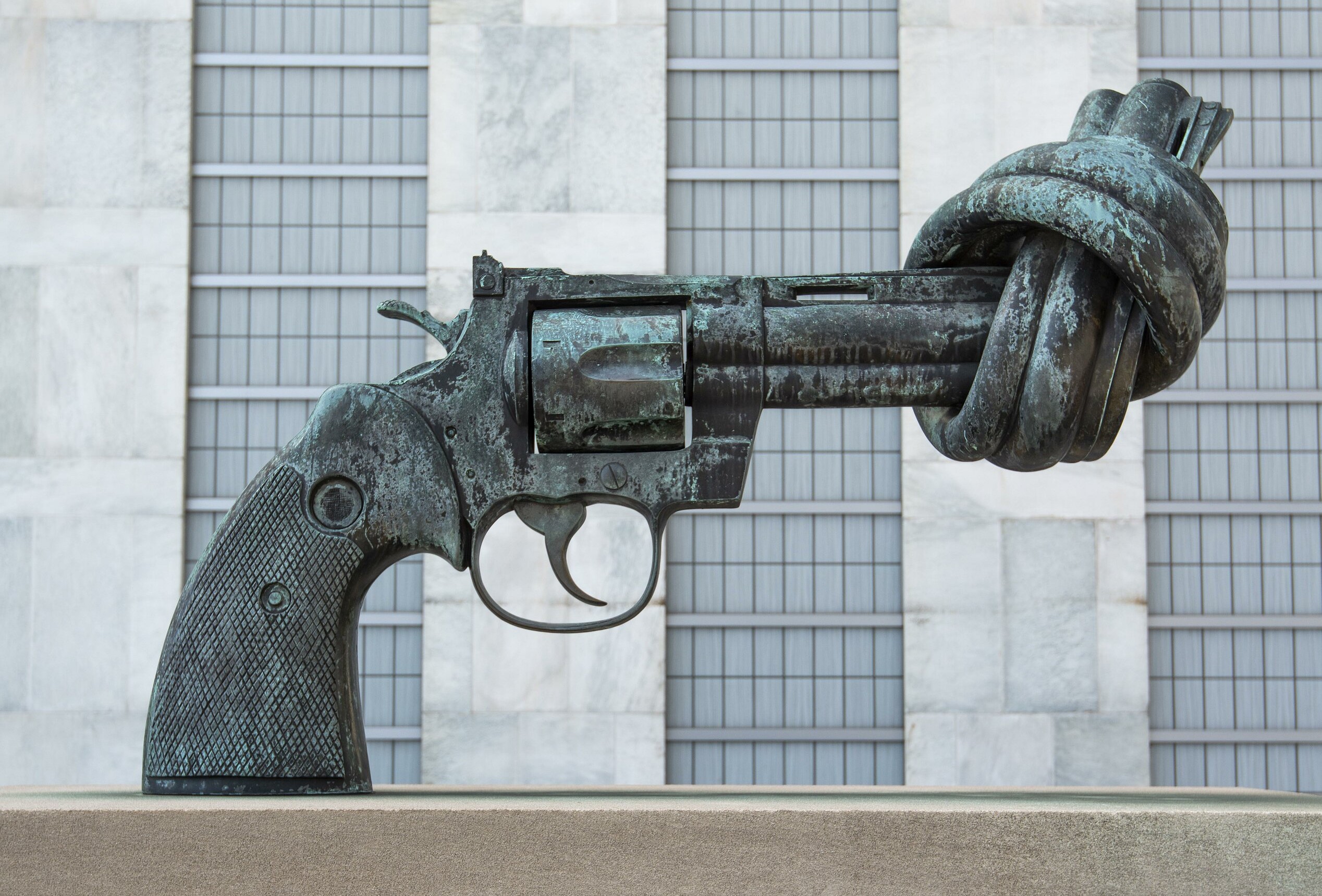
Since 2015, the FRFG has published the Intergenerational Justice Review (IGJR) jointly with the London-based Intergenerational Foundation (IF). This is the only English-language journal dedicated exclusively to the topic of intergenerational justice. All issues of the IGJR are available for free and without registration on the IGJR website, as well as on the FRFG website, and are valuable to lay readers, academics, and policy-makers alike.
This articles in this year’s double issue focus on the topic ‘Long-term peacekeeping’ and are the winning articles from the 2023/2024 Intergenerational Justice Prize (IJP). Reaching a state of ‘long-term’ peace would involve establishing stable international structures and relationships which not only remove current conflicts, but also make conflict extremely unlikely in the future. This would ensure that current people and future generations have the conditions and opportunities to thrive. Thus, this double edition of the IGJR frames peace as an intergenerational issue for the first time. Throughout the issue, our guest authors explore the dynamics, causes, and consequences of international and civil conflict, contributing to a developed definition of ‘peace’ and ‘peacekeeping’. The authors consider different peacekeeping methods, all highlighting the urgency of reform and improvement.
The first article in the IGJR 1/2024 by Michael Haiden – which won first prize in the IJP last summer – highlights the role that humanitarian interventions can play in building peace. While the proximate impacts of such interventions are often considered, as policy-makers ask whether improvements in living conditions or a reduction in the loss of life have been achieved, Haiden considers the long-term impacts of humanitarian interventions. He argues that they can bring about normative changes, as they promote the norms of global solidarity and weaken the norm of national sovereignty.
The second article in the IGJR 1/2024 is written by Ibrahim Khan, one of the five runners up in the IJP. This article draws attention to thus far neglected theories of peace and conflict from twentieth-century scholars from the Global South. Drawing on the theories of Rabindranath Tagore, N.B Bonjaree and Radhabinod Pal, Khan argues for a reform of the United Nations security council so as to address the structural power imbalances preserved there.
Opening the IGJR 2/2024, Augustine Akah and Brian Chaggu provide a phenomenological analysis of the dynamics of current and emerging conflicts, paying particular attention to conflicts which have the potential to escalate into nuclear warfare. Their analysis of different conceptions of peace and peacekeeping is a fruitful basis for their three proposed global priorities for ensuring long-term peace. These focus on engendering a solidarity for peace and commitment to eliminating nuclear weapons and rogue technologies, as well as promoting proactive diplomacy.
Finally, the second article of the IGJR 2/2024 by Lukas Kiemele explores the role of climate change and historical colonial injustice in causing conflict today. Kiemele does this through the lens of discussing the ‘Anthropocene’, a proposed new era in which humans have had geological impacts on the natural world. He calls into question a classical humanist historiography of modernity, critiquing the assumed relationship between development and peacekeeping, and arguing for radical changes in our global power structures and the way we view our relationship with the natural world.
As always, the IGJR also includes a number of book reviews of new and relevant publications. In this case, the IGJR 1/2024 includes a review of double review of Andrew Fiala and Jennifer Kling’s Can War Be Justified? A Debate (2023) and Axel Gosseries’ What is Intergenerational Justice? (2023). The IGJR 2/2024 includes reviews of Richard Falk and David Krieger’s The Path to Zero: Dialogues on Nuclear Dangers (2012) and Juliana Bidadanure’s Justice Across Ages: Treating Young and Old as Equals (2021).
The IGJR 2024 hopes to engage readers both young and old about the issue of fostering long-term peace, as well to contribute to improving academic understandings of peacekeeping methods. If the goal of finding long-term peace were reached, global cooperation in tackling other issues such as poverty, climate change, healthcare, and justice would be much easier to achieve. A global transformation to ensure the conditions for positive peace has surely never been so crucial as today.
Follow us on Instagram @gengerecht and on Linkedin to receive more information about this new publication.




